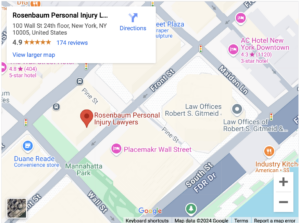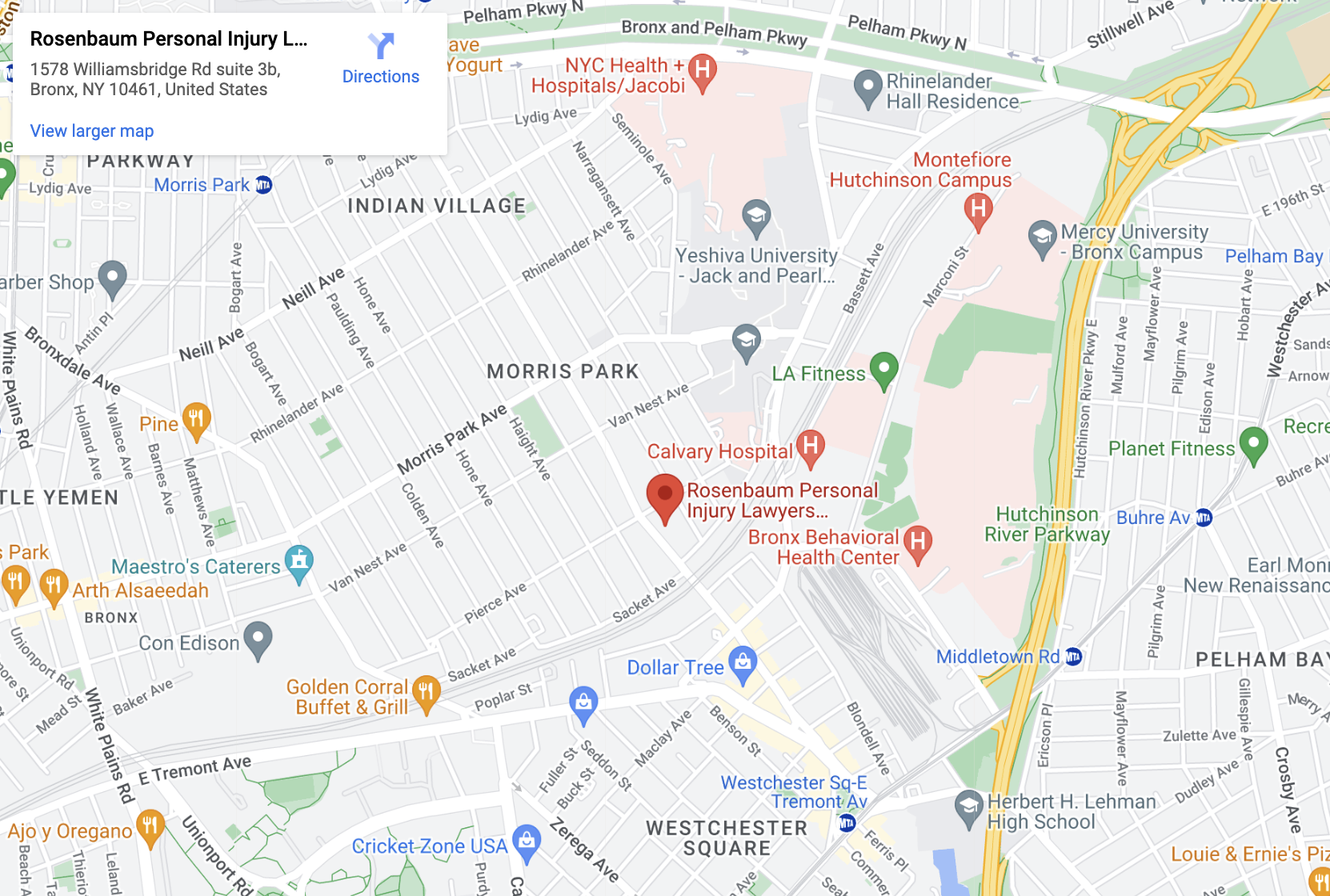Understanding Negotiation in Personal Injury Cases

Recovering the full value of your damages does not mean that you need to go to court. Even if your attorney proceeds with filing a lawsuit, it does not mean that your case will go to trial. Most injury claims settle without going to trial.
The purpose of settlement negotiations in personal injury cases is to receive the maximum amount of compensation available for your injuries and damages. The amount you might receive to settle your injury claim depends on numerous factors. An experienced personal injury lawyer works with the insurance company to settle your case quickly and for a fair amount.
Table of Contents
Negotiating a Personal Injury Settlement Begins with an Initial Offer
Either party may make an initial offer to settle the claim. The party receiving the offer may accept the settlement offer or deny the offer. In addition, a counteroffer may be made based on the initial offer.
In most personal injury cases, the negotiation process generally begins with a demand letter. The demand letter written by your personal injury attorney includes:
- A description of the facts of the case
- A discussion of the applicable laws that hold the at-fault party liable for your damages
- A description of your injuries and the damages caused by the at-fault party
- The amount you demand to settle the claim
- Copies of medical records and proof of damages
An insurance adjuster may make an initial offer before your attorney sends a demand letter. However, the initial offer from the insurance company will likely be much lower than the actual value of your damages. Therefore, it is unwise to settle your claim without speaking with an attorney.
If you sign a settlement agreement for a car accident or another injury, you will give up your right to pursue additional claims against all parties. In other words, you will not be able to demand more money or file a lawsuit against any party even if you discover additional injuries or damages.
Therefore, it is best to speak with a lawyer before agreeing to the terms of a settlement offer. You have the right to negotiate for a higher settlement amount. You also have the right to pursue your claim through the courts if the at-fault party or its insurance provider refuses to negotiate a fair amount to settle your claim.
Damages That You Are Entitled to Receive for a Personal Injury Claim
If you are unsure what damages you are entitled to receive, talk with a lawyer. Do not trust the claims adjuster or insurance company to give you an honest valuation of your injury claim.
Most injured victims are entitled to receive compensation for their economic damages and non-economic damages. Examples of the types of damages in a personal injury case include, but might not be limited to:
- The cost of medical treatment and medical bills for rehabilitative therapies
- The expenses related to nursing care and personal care
- Loss of income, including benefits, future lost wages, and decreases in earning capacity
- Pain and suffering caused by emotional distress, physical injuries, and mental anguish
- Out-of-pocket expenses and costs
- Disabilities, scarring, disfigurement, and impairments
- Loss of enjoyment of life or quality of life
The value of your damages typically increases with the severity of your injuries. Permanent impairments result in higher damages, including compensation for ongoing medical care and future lost income. How much your claim is worth depends on the facts of your case.
Factors That Impact the Negotiation Process for a Personal Injury Case
One of the most significant factors that impact the negotiation process is your injuries. You never want to settle your claim before you complete medical treatment. Until your doctor provides a prognosis of your condition, including an impairment rating, you cannot know the extent of your damages.
Your liability for the cause of your injury can also impact negotiations. If the insurance company blames you for causing an accident, it reduces the value of your injury claim. New York’s contributory negligence laws can reduce the value of your damages by the percentage of fault you have for causing your injury.
Therefore, if you are partially at fault for an accident, you may need to negotiate the best settlement possible without going to trial. If you go to trial and the jury finds you are substantially to blame for causing your injury, the court could significantly reduce your compensation.
The New York statute of limitations sets deadlines for filing personal injury claims and wrongful death actions. If the deadline for filing a claim is approaching, it could impact settlement negotiations. The insurance company might be unwilling to settle for a fair amount if it believes it has a good chance of winning in court.
Other factors could impact settlement negotiations for a personal injury claim. A seasoned personal injury lawyer understands these factors and how to maximize the factors that improve your chance of recovering total value for your damages while minimizing the negative factors that could hurt your case.
Contact Our New York City Personal Injury Lawyers for a Free Consultation
If someone injured you or a family member, you could receive compensation for your injuries and damages. Contact our NYC law office to schedule a free consultation with one of our New York City personal injury attorneys. Get answers to your questions about injury claims from an experienced accident attorney.



